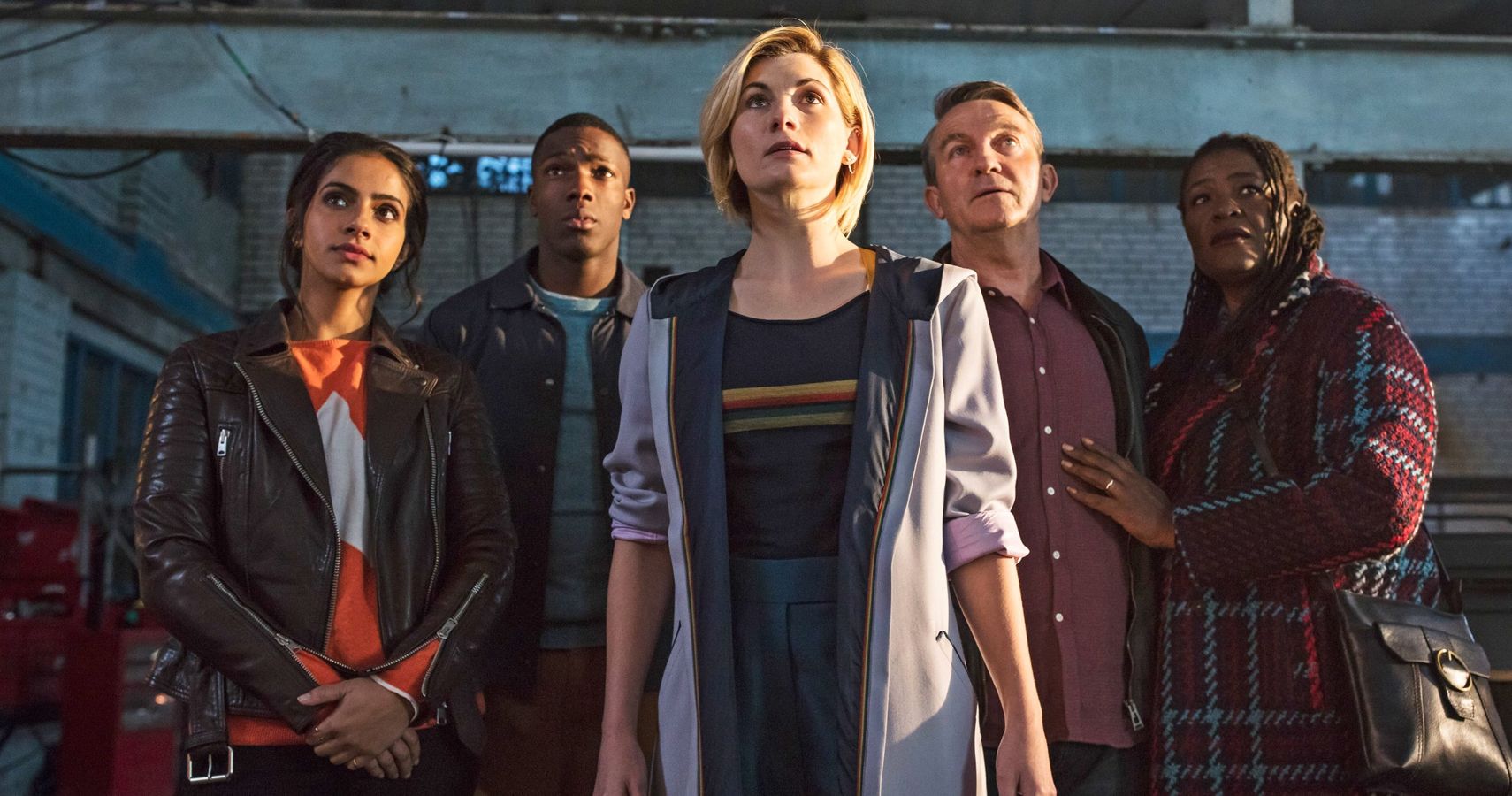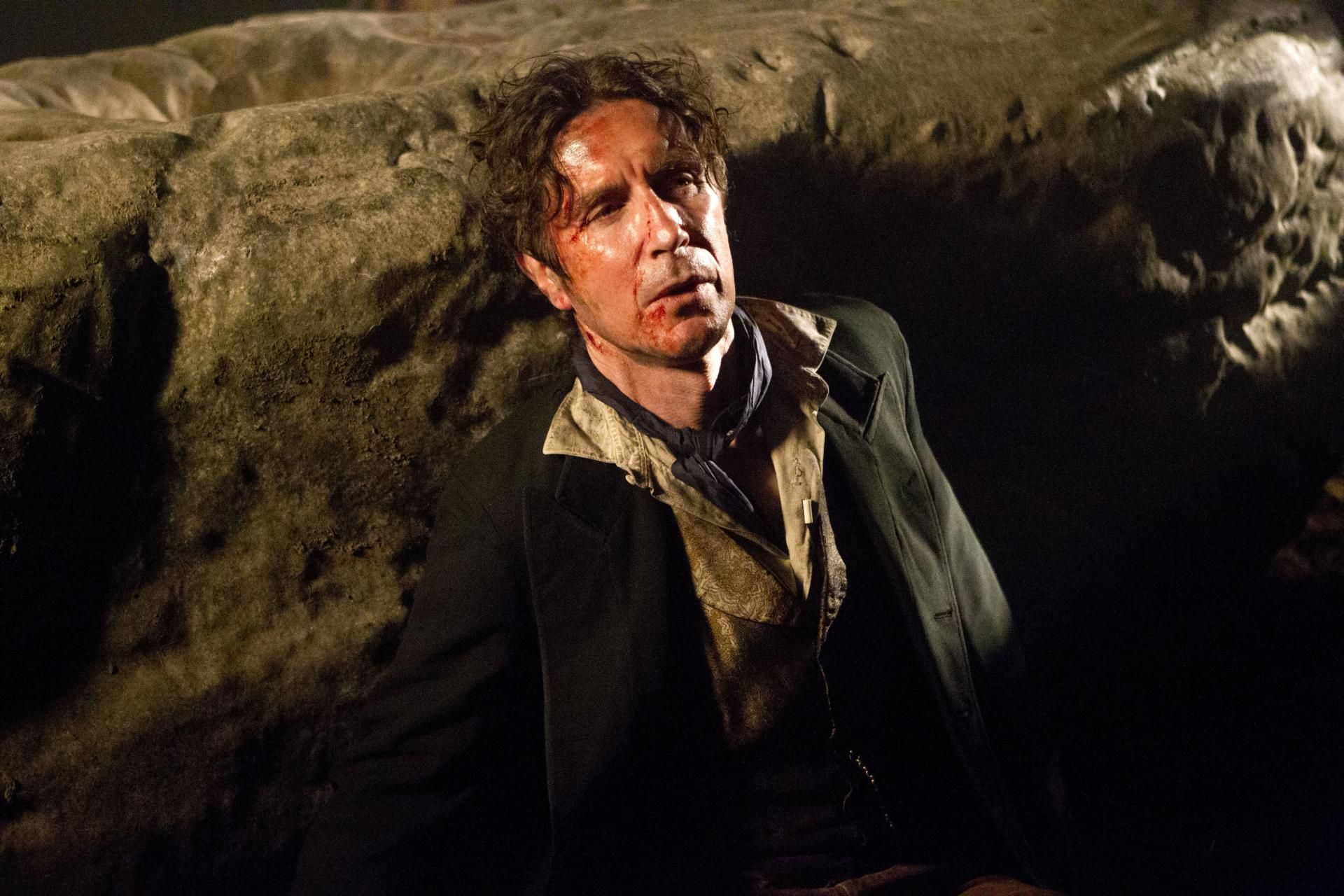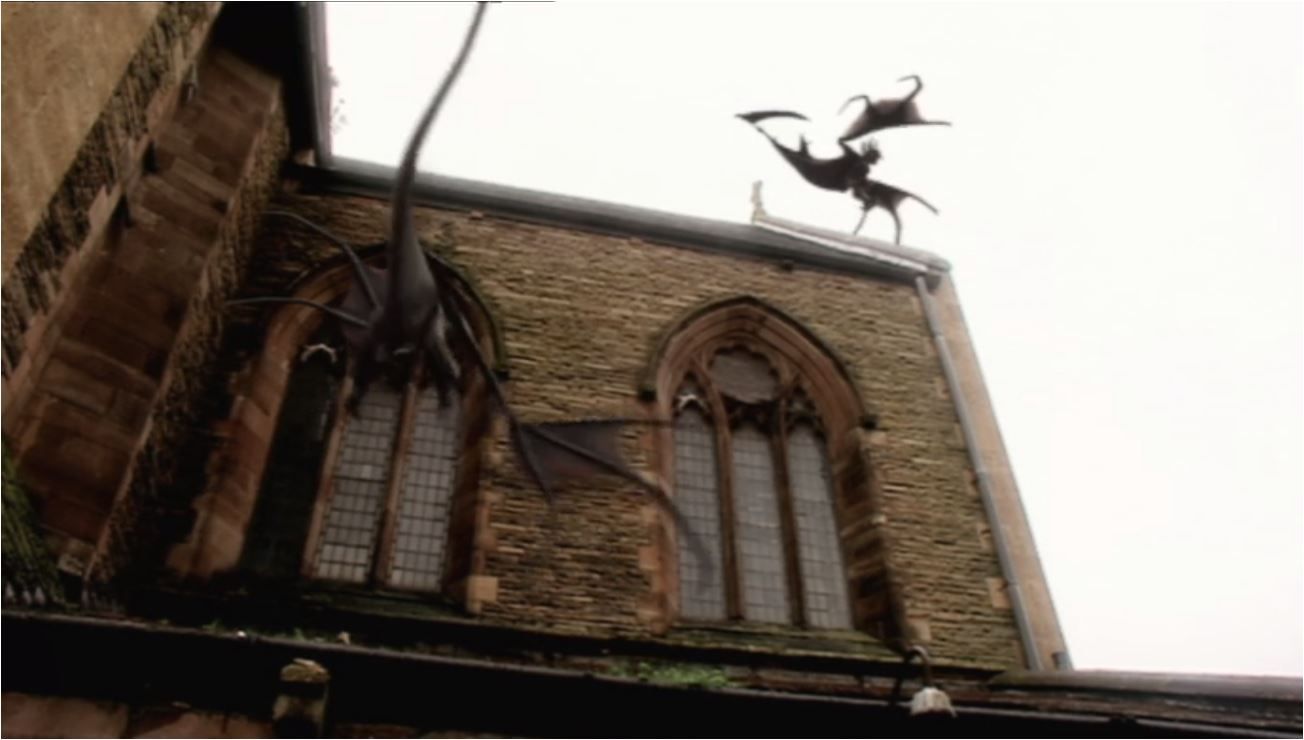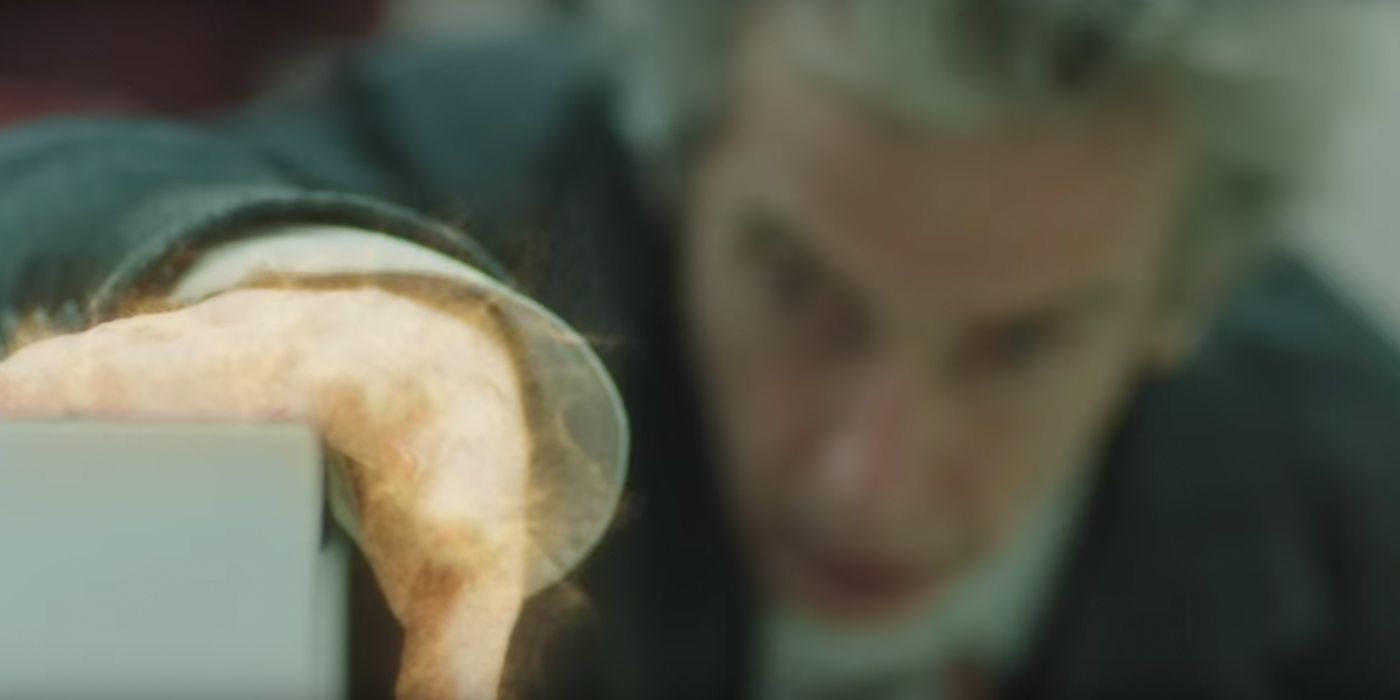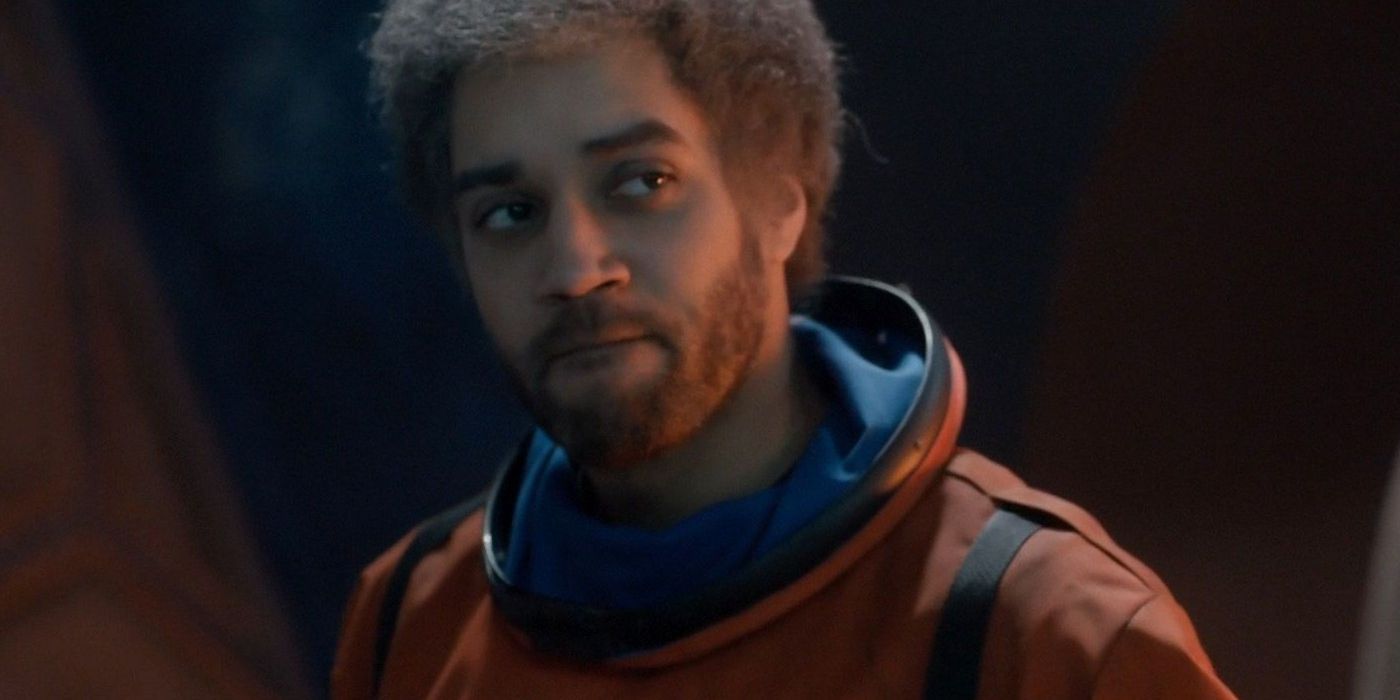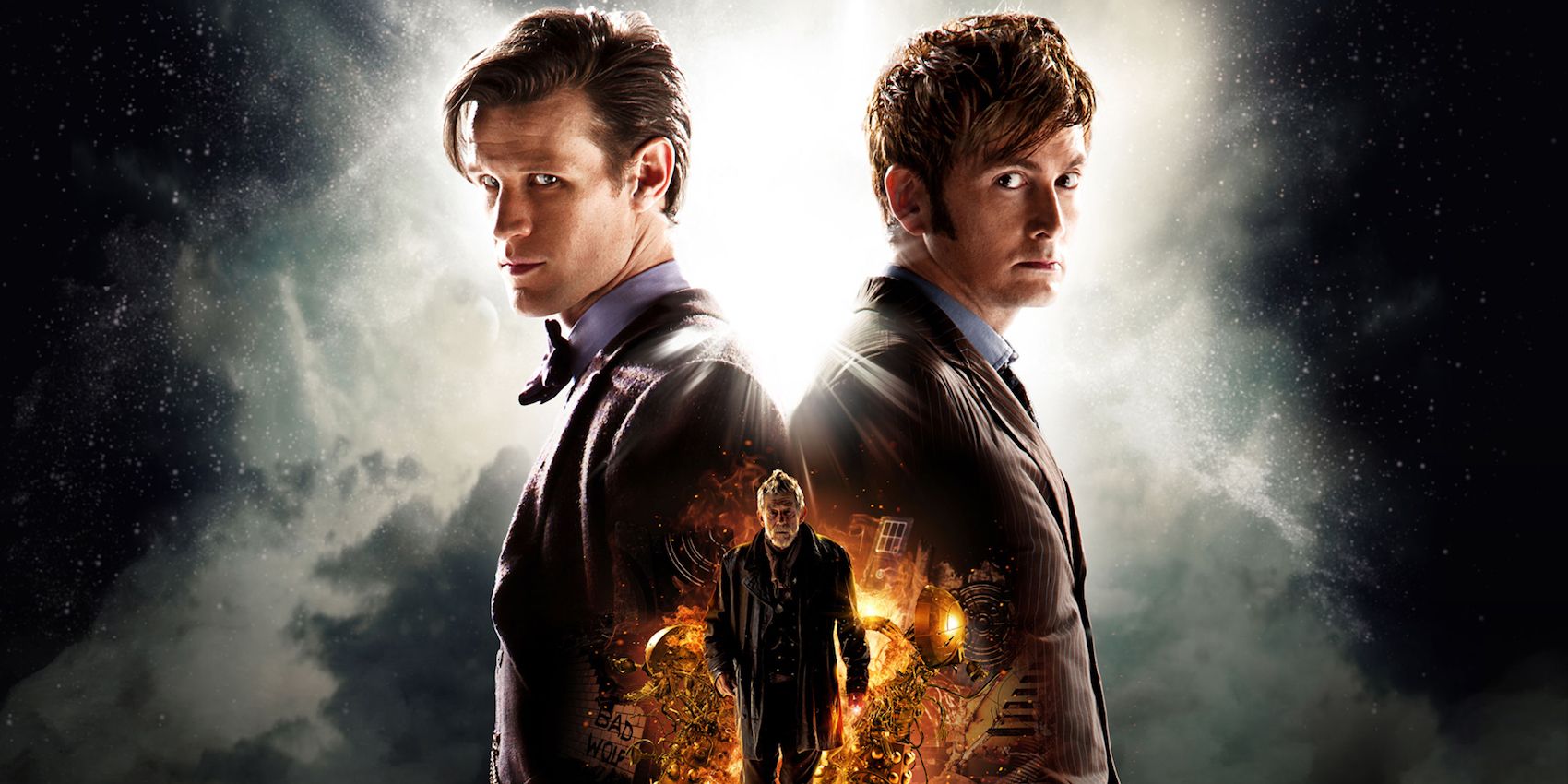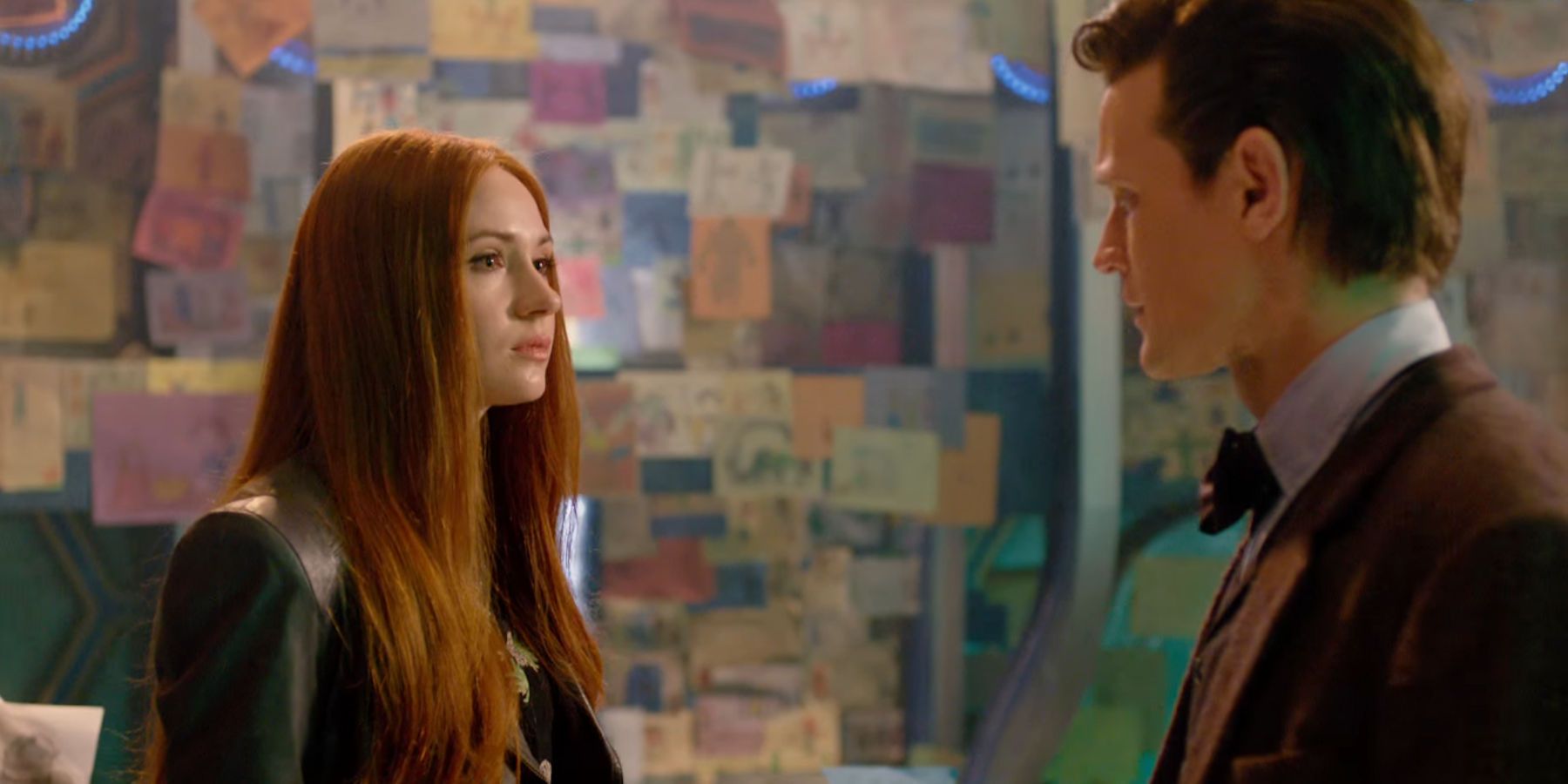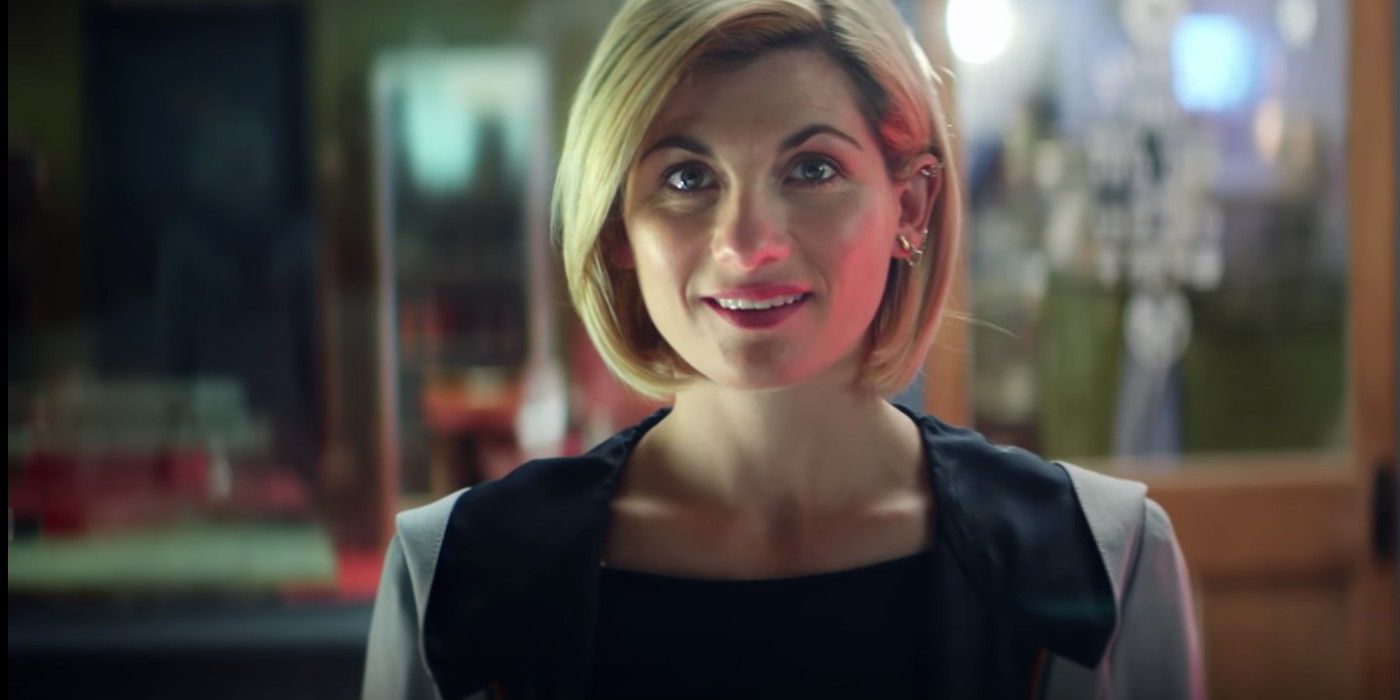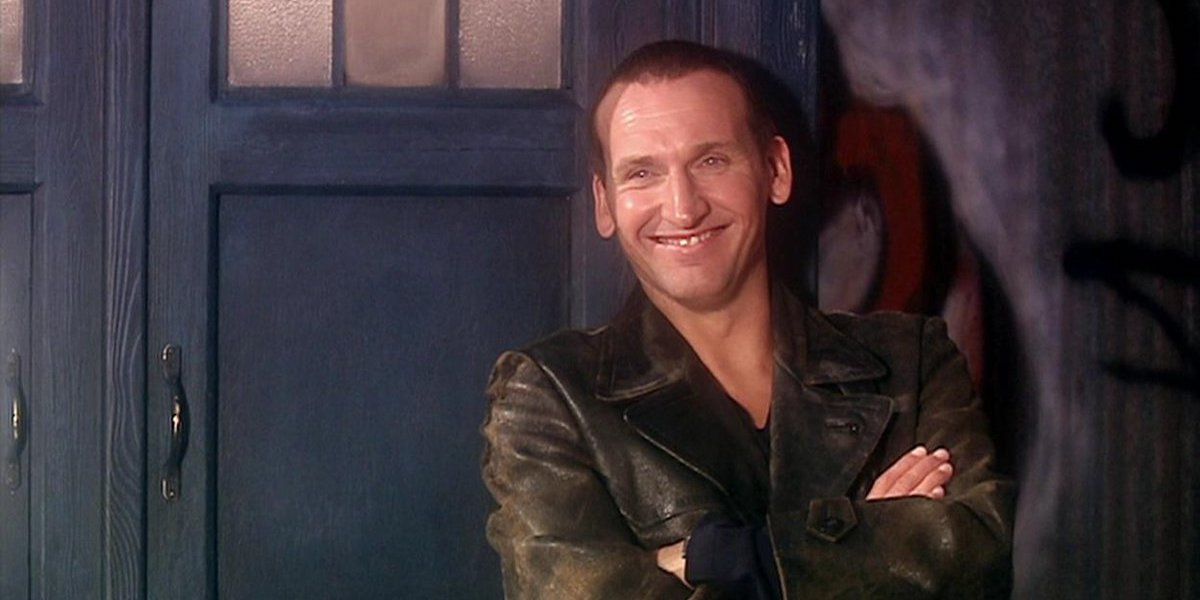Doctor Who first aired back in 1963, which means we’re closing in on the 60th anniversary of the show soon enough. A lot has changed from when the show started and where it is now, and it’s understandable for the showrunners to overlook storylines and established concepts since there are just so many stories that have been told.
Still, Doctor Who fans are the most passionate bunch you’ll find out there, and they’ll catch on to these inconsistencies. With the revival series offering a new perspective, there are several contradictions from the new series to the classic era. Here are 8 instances we’ve found where Doctor Who ignored its own canon.
The Doctor was supposed to be Half-Human
In the Doctor Who film, the Eighth Doctor openly states that he’s not a complete Time Lord – he’s half-human due to heritage from his mother. This little piece of canon went unaddressed all through the revival series for some time as well, but then the Doctor was later stated to be a full Time Lord.
The Hybrid was said to be the combination of a Time Lord (the Doctor) and a human (Clara Oswald), but according to what the Doctor had claimed, he should’ve been the Hybrid by himself, as he fulfilled both the human and Time Lord aspects for this.
Paradox Without Reapers
In the first series of Doctor Who, we saw the first instance of a paradox in effect when Rose Tyler rescued her father from his destined demise. Immediately after, we saw Reapers who were out to get the heroes to correct the timeline.
Except, we’ve never seen these Reapers ever again after this appearance. The Doctor had stated in such a way that it was natural for the Reapers to be conjured up, then why haven’t they come back whenever there’s been a paradox – especially the one where there ended up being two Amy’s? It seems those Reapers forgot their own little rule.
Rule Of Regenerations
Regeneration always seems to change every time the Doctor undergoes this change. In the original series, regeneration rules were never really stated out and by the Fourth Doctor’s regeneration, it was made to appear that the Doctor’s future was a sentient being waiting to merge with him.
By the revival series, regeneration is strictly a process to undergo physical recovery. The Watcher – the future version of the Fourth Doctor – was only a one-off and never mentioned again. Then there are the rules for regeneration which keep on changing. At one point, the Doctor had stated he didn’t know how many times he could change – even giving 507 as the number of regenerations he had in The Sarah Jane Chronicles. Eventually, 12 regenerations was the number settled upon despite previous references.
Danny Pink’s descendant
Since the Doctor and Clara interacted with Orson Pink, that should be a fixed point in time. More significantly, Orson Pink’s toy soldier was the thing that brought courage to the child version of the First Doctor, which means it heavily impacted the Doctor’s life.
However, Danny Pink passed away in the final episode of the eighth series, and left without having any children. There’s no way a distant descendant could look exactly like Danny, so Orson had to be Danny’s direct descendant. But now with Danny’s death, there’s no canonical way he could be born, which means the First Doctor could never be brave, and the Twelfth Doctor would never come about. All this was never addressed on the show and Orson was never mentioned again either.
The Doctor's Morality
The Doctor’s morality is iffy at best. While he claims he never wants to take any lives, he’s been shown to act as Judge, Jury and Executioner at a number of times. For one, he cursed the Family of Blood to a fate worse than death when he bound them for all of time. At the end of Series 9, the Doctor was perfectly okay with causing complete destruction to time and space – he even shot the General – to save Clara Oswald.
However, the Doctor keeps on maintaining he doesn’t play god or doesn’t put it upon himself to judge. His actions are direct contradictions to what he says. Yet, even the show keeps painting the Doctor as a good man.
Doctor Visiting Amy
When the Doctor didn’t return for young Amelia Pond, it caused her to change drastically in personality and all came to a head when she took off in his TARDIS fourteen years later. However, in “The Angels take Manhattan”, the Doctor outright ignores laws of time when he goes back to young Amelia.
According to canon, Amy never saw the Doctor until he came back when she was an adult, but if he did do that, then she should’ve already known all about her future, thereby causing none of Season 5’s events to ever happen in the first place. But Doctor Who chose to ignore all these established laws for a moment of feel-good in Amy’s last episode.
The Doctor's Prior Regenerations
In an episode between the evil Time Lord Morbius and the Fourth Doctor, Morbius attempted to beat the Doctor in a mind battle and looked into the past of the Doctor. Here, Morbius saw several faces before the First Doctor. At this point, the indication was that the First Doctor wasn’t the first at all, and the doctor had seen regenerations many times. Morbius even asked, “How far, Doctor? How long have you lived?”
However, this has since been blatantly ignored to place the First Doctor as the original incarnation, and the faces seen by Morbius are a complete mystery, despite Morbius acknowledging them as the Doctor’s past faces.
The Doctor’s Age
This is one canonical oversight the show seems to take pride in. By the end of the original series, the Seventh Doctor had at one point stated himself to be 953-years-old, and even that was the beginning of his regeneration.
By the time of the Ninth Doctor, though, he explicitly calls himself 900-years-old, with the Eleventh Doctor coming about when the Doctor was 907-years-old. This just can’t be possible since the War Doctor was supposed to have been active for centuries, yet he states he’s 400 years younger than the then-1200-year-old Eleventh Doctor. So not only does the new series have contradictions, the original series age of the Doctor now goes completely ignored.

